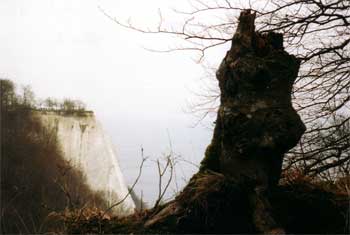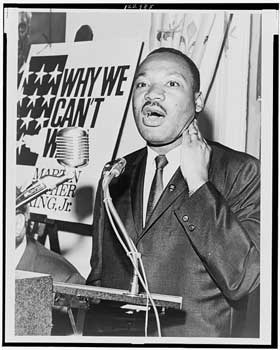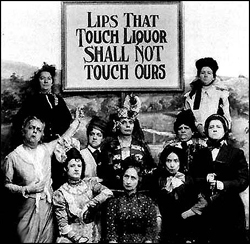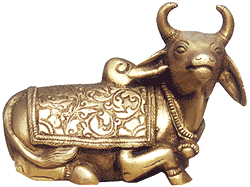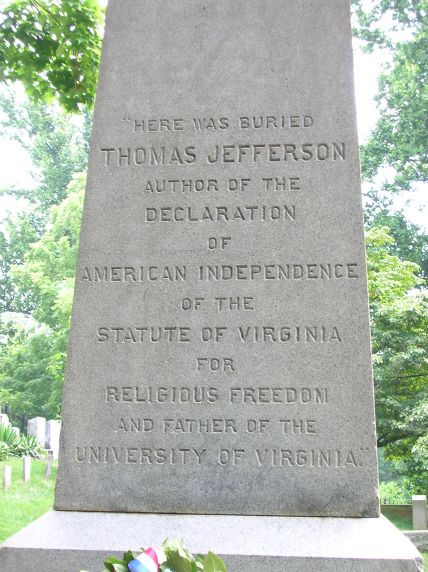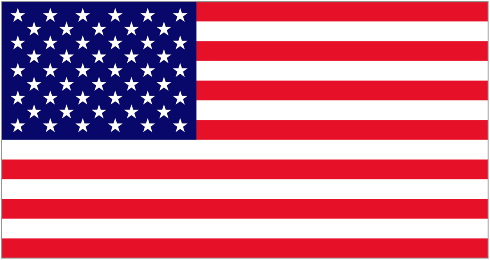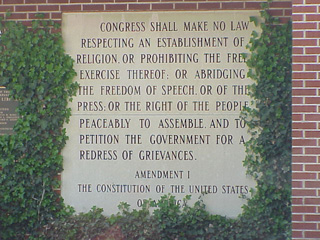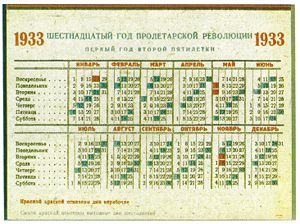January 15
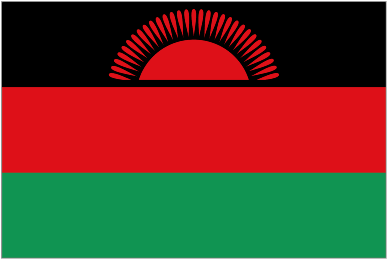
For nearly a century historians have puzzled over the actions of John Chilembwe, one of the most controversial figures in Malawian history and Malawi’s national hero. The focus: the last days of his life and the uprising he led in January 1915.
By all accounts, Chilembwe was not the type to start an uprising. He was educated by the Church of Scotland missionary school in what was then Nyassaland (Malawi). He later studied under and worked for Joseph Booth, a baptist from Australia, who was critical of the Presbyterian Church’s role in colonialism and believed in the unpopular idea (among whites) of “Africa for the Africans.” Booth’s daughter Emily wrote that Chilembwe…
…had a greater desire to learn and write, and to gain the Truth of Christianity…He knew his own mind and was not easily to be turned from his purpose. But…he was so kind and true – so thoughtful and unselfish.”
Independent African: John Chilembwe and the Origins, Setting, and Significance of the Nyasaland Native Uprising of 1915, G. Shepperson and Thomas Price (1958 )
Chilembwe accompanied Joseph Booth to the United States in 1897 where he attended the Virginia Theological College in Lynchburg. There Chilembwe explored the works of Booker T. Washington and learned the fatal story of abolitionist John Brown.
When Chilembwe returned to British-controlled Malawi, he developed programs to improve the plight of his people through education, Christianization, and industriousness.
According to historian Landeg White, prior to the rebellion, the most intimidating thing to white settlers was…
…Chilembwe’s habit of dressing himself in three-piece dark suits, complete with bow tie, and his mixed-race wife Ida in silk stockings and high-waisted empire gowns with leg of mutton sleeves.”
— Magomero: Portrait of an African Village (1989)

However, in the 1910s a famine devastated Malawi and its neighbor Mozambique. Colonial treatment of Malawians under the thangata (labor-rent) system worsened. One American 7th-Day Adventist (Walter Cockerill) wrote:
If the natives cannot pay their two dollars per year, they are taken by the magistrate and compelled to work about six months in irons.
And with the outbreak of World War I, the British conscripted Malawians en masse to fight against Germany.
This was the last straw to Chilembwe.
Let the rich men, bankers, titled men, storekeepers, farmers and landlords go to war and get shot. Instead we, the poor Africans who have nothing to own in this present world, who in death, leave only a long line of widows and orphans in utter want and dire distress are invited to die for a cause which is not theirs.
— John Chilembwe, letter to the Nyasaland Times, November 1914
The unabashedly racist yet prophetic book The Rising Tide of Color Against White World-supremacy (1920) summarized Chilembwe’s uprising as follows:
In 1915 a peculiarly fanatical form of Ethiopism broke out in Nyassaland. Its leader was a certain John Chilembwe, an Ethiopian preacher who had been educated in the United States. His propaganda was bitterly anti-white, asserting that Africa belonged to the black man, that the white man was an intruder, and that he ought to be killed off until he grew discouraged and abandoned the country. Chilembwe plotted a rising all over Nyassaland, the killing of white men, and the carrying off of the white women.
In January 1915, the rising took place. Some plantations were sacked and several whites killed, their heads being carried to Chilembwe’s “church,” where a thanksgiving service for victory was held. The whites, however, acted with great vigor, the poorly armed insurgents were quickly scattered, and John Chilembwe himself was soon hunted down and killed. In itself the incident was of slight importance, but, taken in connection with much else, it does not augur well for the future.
Chilembwe actually ordered his followers not to harm women or children. The attack which killed three white men was targeted against the most brutal plantation in the area, the Bruce Estates, and its manager William Jervis Livingstone. [The display of Livingstone’s head in the church was true.] But the uprising that Chilembwe had hoped would spread through the protectorate never occurred, and Chilembwe was killed a few weeks later, along with members of his flock.
The uprising sent shockwaves throughout the continent. Chilembwe’s actions can be seen as the first revolt in the area in the 20th century struggle for African independence.
Today Malawians celebrate Chilembwe as a martyr who knew he would not survive the revolt, but who led it anyway as the last resort of retaliation against overwhelming oppression. It would be over 50 years before Malawi achieved independence. By that time, the vast majority of African nations had won their independence.
It remains for the Christians of Britain in this day, to consider, whether in the spirit of President Lincoln’s solemn confession during the Nation’s deadly struggle, we also shall be able to say, if the need arises,
“if all the treasure that has been heaped up by the spoliation of the African has to be expended; and if every drop of African blood shed in to the effort to appropriate his country, has to be blotted out by an equal expenditure of European blood just, and righteous, O God, are all thy judgments.”
Africa For the African – Joseph Booth
